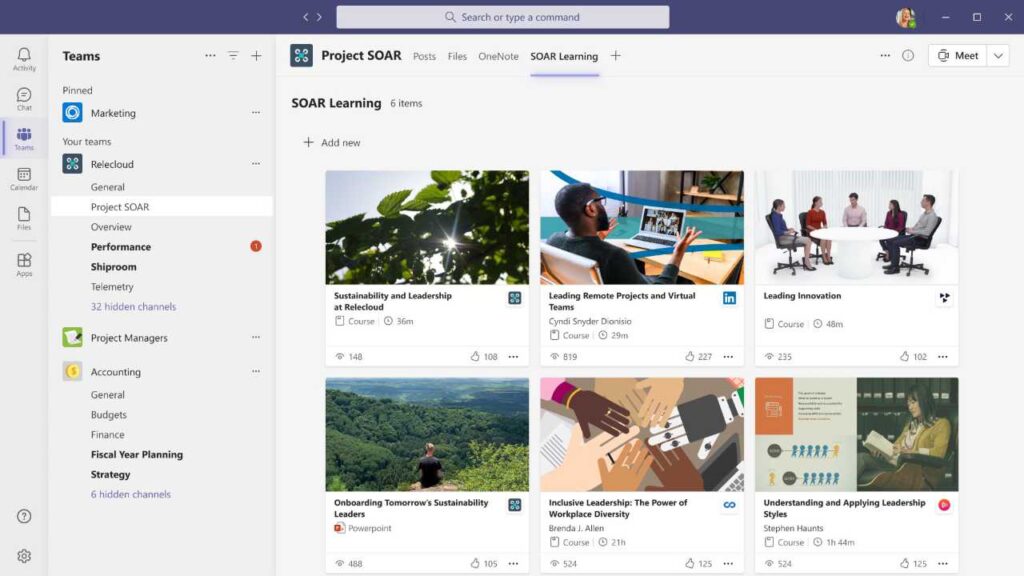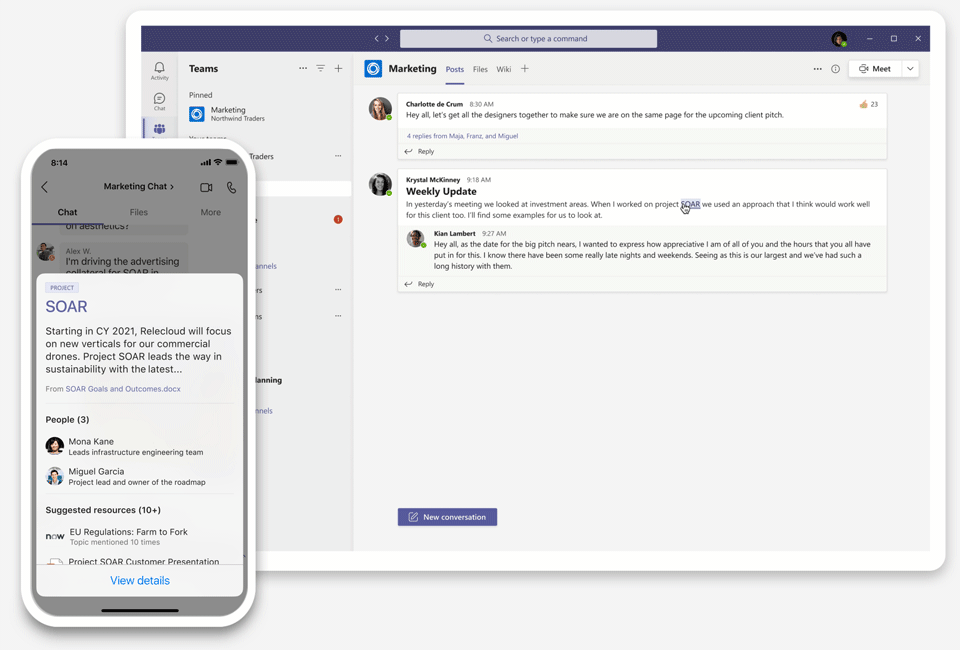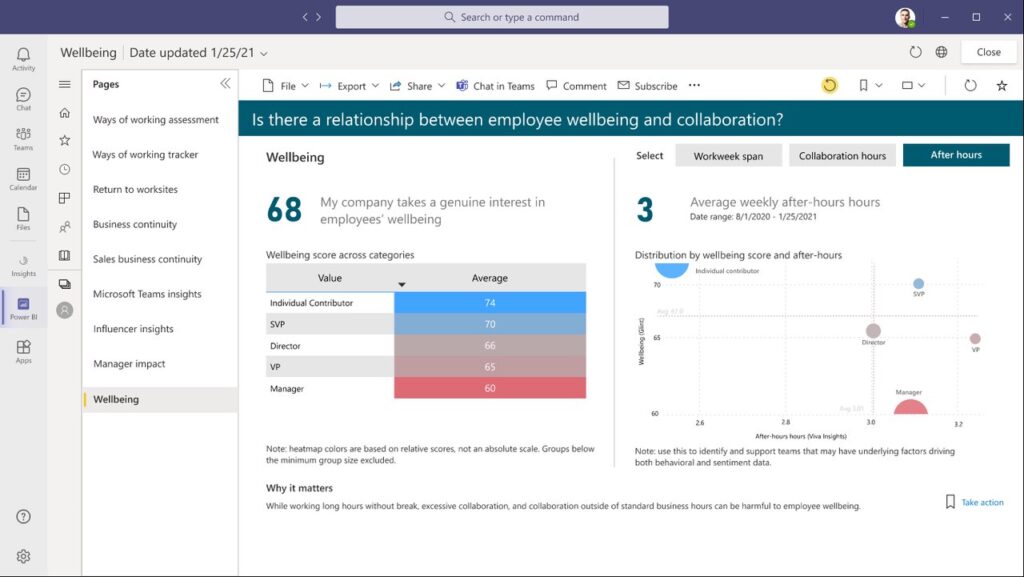
Above: Microsoft’s Jared Spataro announces Viva. Photo courtesy Microsoft.
Originally published in Newsday on February 05, 2021
Microsoft announced the availability of a new product for managing human resources in the virtual workspace today. The company shared a briefing with TechNewsTT editor and Newsday columnist Mark Lyndersay under embargo in advance of Thursday’s reveal of the new product.
“We need to stop thinking of work as a place and start thinking about how to maintain culture, connect employees and harness human ingenuity in a hybrid world,” explained Microsoft 365 CVP Jared Spataro.
Spataro was setting a context for Microsoft Viva, a new product released by the company today that it described as an “employee experience platform.”
Viva launches with four modules, Topics, Insights, Connections and Learning and Spataro promised that there are more on the way.
“In the last year, we have seen lasting structural change in every aspect of our society and economy,” said Microsoft CEO Satya Nadella.
“Viva focuses on collaboration, well-being and learning. Going forward, learning in the flow of work will be increasingly important.”
“Sometimes,” the Microsoft boss admitted, “I myself don’t know whether I am working at home or sleeping at work.”
Neeraj Tolmare, global chief information officer at Coca-Cola and a guest at the event said, “What covid has taught us is that regardless of where we are, we can make the work environment simpler.”
“Having connected technology platforms makes it easier for success to travel from one part of the world to another.”
Microsoft is working to introduce a more human element to its formidable cloud-powered business and productivity tools. The company’s plan with Viva seems to be to bring human resource monitoring to the remote workplace through real-time monitoring of how and when people are using the software to do their work.
Insights tracks employee work patterns by collecting “aggregated, de-identified data,” to deliver data driven analyses for employees, managers and business leaders. Microsoft hopes that being able to see how remote workers are using remote working systems will empower companies to build more responsive approaches to address possible employee burnout and work overload.
Viva’s other three modules address two key remote working issues, employee communication challenges when workers aren’t in physical proximity and learning new tasks when there isn’t anyone around to coach.

Connections delivers a shared communication space for remotely deployed employees that’s a digital mix of newsletter; town hall and conference room that’s meant to build community among teams that are otherwise working at a distance from each other.
The Learn module builds on Microsoft’s finding that 94 per cent of employees would remain with a company longer if they had more opportunities for education and development.
Learn accesses Microsoft Learn resources as well as LinkedIn Learning courses. The company bought LinkedIn in 2016. Early links are available at launch for Coursera and EDx course material.
Companies can create a learning tab in Teams for employees where resources can be gathered for either deep learning or task-specific micro-learning opportunities.
Viva Topics builds accessible modules for institutional knowledge in what appears to be a stylish, context-sensitive wiki, assembling related text, images and video to create libraries of information about company operations or projects in progress.
Topics links to existing Microsoft 365 resources and is available with 30 “connectors” that create ready-made links to existing information collections.
Microsoft makes an application programming interface (API) available for customers who want to build custom links to existing company databases or other sources of information.
“Viva is powered by the full breath and depth of Microsoft 365,” Spataro said, “and it’s experienced primarily through Microsoft Teams.”
For broader insight analysis, the company announced immediate connectivity with Zoom and SAP’s Success Factors.
Some of the features of Viva seem a bit touchy-feely for corporate deployments (a yoga mindfulness exercise to close the day seems a bit much), and there are likely to be concerns about intrusiveness, particularly when a Viva user starts getting daily briefings on their workday from Cortana, the company’s digital assistant.
But for enterprise and company systems already invested in Teams, Viva brings an opportunity to inject more legitimate human concern and compassion into business systems made even more abstract by the distance of remote work.

The Microsoft microsite for Viva is here.




